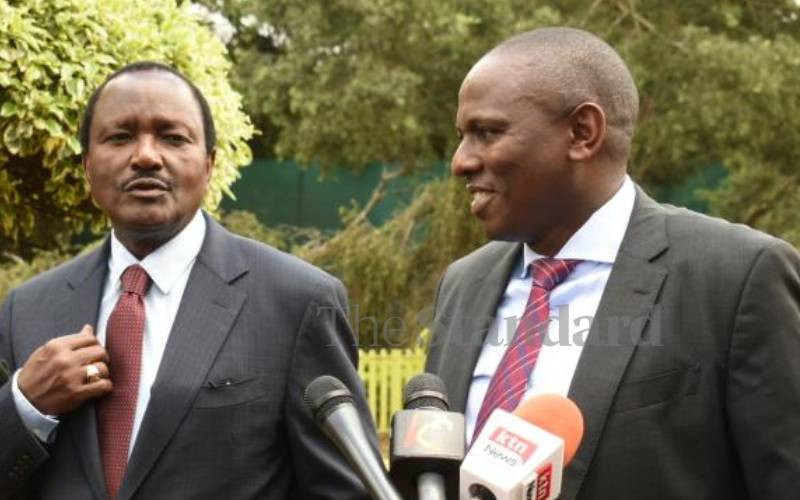×
The Standard e-Paper
Home To Bold Columnists

The National Dialogue Committee (NADCO), chaired by Former Vice President Kalonzo Musyoka and National Assembly Majority Leader Kimani Ichung'wah, presented its report to the President and the Azimio coalition leader at the end of November.
NADCO was mandated to tackle the two-thirds gender rule, high cost of living, loyalty to political parties and coalitions, enshrining political party funds in the Constitution and establishing the offices of the Opposition leader and the Prime Cabinet Secretary.